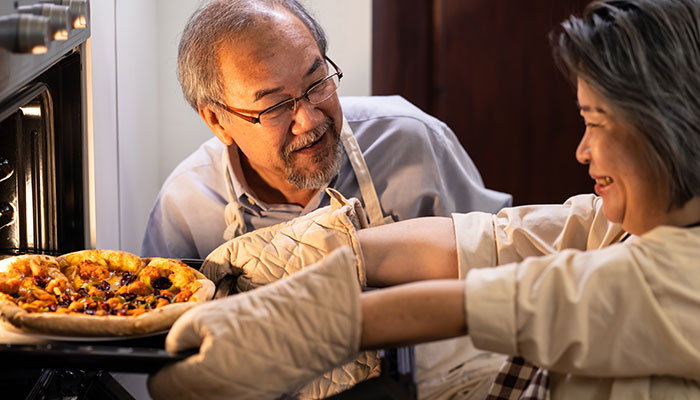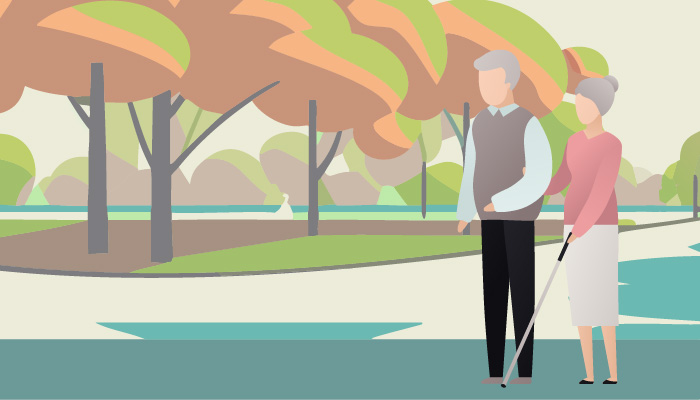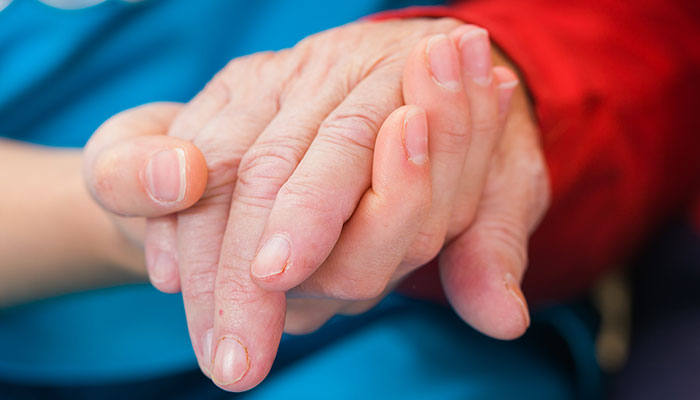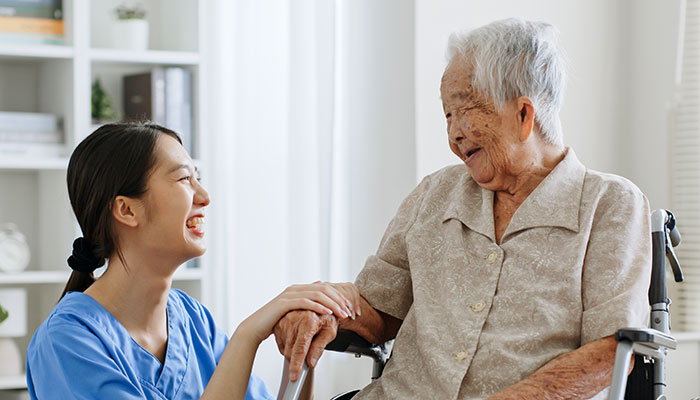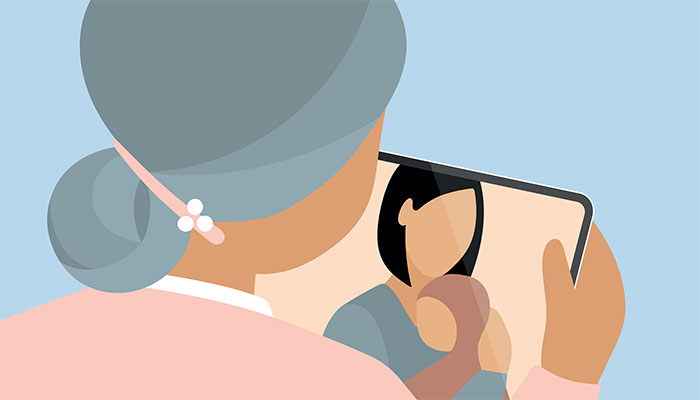Technology has done wonders to help us stay connected with family members. But beginning users have to learn new terms and skills. In-person classes are often available through senior centers or the library. And AARP’s AgeTech Collaborative offers online video tutorials and classes through SeniorPlanet.org.
Even if you seek to provide less complicated devices, it’s still likely your loved one will need tech support, most commonly for
- updating a system or app
- converting an older program to a subscription-only service
- installing and starting a basic app such as Zoom
- “it stopped working” (rebooting the Wi-Fi if it’s down, or charging the device)
Handling these tasks can be inconvenient and time consuming for you. You might try a monitor-sharing program such as Zoom or SplashTop. In this case, you take virtual control of your relative’s computer to help them from wherever you are. Other options include
- In-person appointments. Many senior centers and libraries offer one-on-one tech support or group classes from knowledgeable volunteers. They are often free or low cost. Some retailers offer in-store services for their products.
- Home visits. Again, some retailers will allow you to purchase in-home tech support for a new device. Your family member receives help at home from a tech-smart individual. Be sure the service provider does background checks on staff. You might even consider purchasing a “whole home” plan from retailers or a local IT company. It would cover all your relative’s devices: Wi-Fi, phone, tablet, computer, television, etc.
- Virtual or remote support. CyberSeniors.org offers free online tech support “office hours.” Also, scheduled one-on-one training appointments. This service is specifically geared for older adults. It pairs them with senior-friendly high school or college mentors. Call 1-844-217-3057, toll-free.
Does your loved one lack a device set up for video visits? Consider ordering a phone or tablet online from a private company such as CanDooTech.com. (It’s a member of AARP’s AgeTech Collaborative.) CanDoo preconfigures the new device and mails it to your relative. Then their team of senior-friendly “tech concierges” can be hired one hour at a time. Or you can purchase a yearly rate for ongoing tech support and troubleshooting.
Are you the IT person in the family?
As the San Francisco experts in family caregiving, we at Compassionate Community Care see many in the younger generation get conscripted to troubleshoot or update devices. This may not be how you want to spend your time with your relative. We have resources to help. Give us a call at (415) 921-5038.


